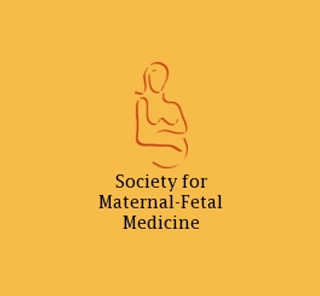
Investigators conducted a controlled blind clinical study of pregnant women at 6-20 weeks gestation. All the participants were suffering from with periodontal disease, refused dental care and did not have obstetric infections. Treatment was provided to blocks of four subjects based on four strata: prior preterm birth (yes or no), and smoking (yes or no). Every block assigned three controls and one rinse subject. From the total of 204 volunteers, 155 representing the untreated controls also called the exposure group and 49 forming non-exposure group were subjected to an antimicrobial CPC non alcohol mouth-rinse.
“This research demonstrated that reducing the severity of periodontal disease has a direct correlation with preterm birth,” added Marjorie Jeffcoat, D.M.D., one of the study’s authors. “Preterm birth is the major cause of perinatal mortality and morbidity worldwide and still difficult to predict and prevent. So, when we found that something as simple as mouthwash could change the outcomes, we were very excited.”
The primary outcome registered by experts was spontaneous PTB less than 35 weeks. Along with dental examinations at baseline and prior to delivery, participants also gave data on gestational age as well as weight at birth. Study groups were compared with assistance of statistical test Analysis of Variance (ANOVA). Scientists then compared dichotomous variables through the chi-square test and logistic regression was used to calculate odds ratios.
No strong variation at baseline in smoking, prior preterm birth or alcohol consumption appeared between groups. Maternal age was probably higher in the rinse group as compared with the control group. Also no adverse events were reported. The incidence of PTB less than 35 weeks was allegedly lower in the subjects using the rinse than the controls. Gestational age and birth weight after adjusting for maternal age was supposedly higher in the rinse group.
The study was presented at the Society for Maternal-Fetal Medicine’s (SMFM) annual meeting, The Pregnancy Meeting in San Francisco.
